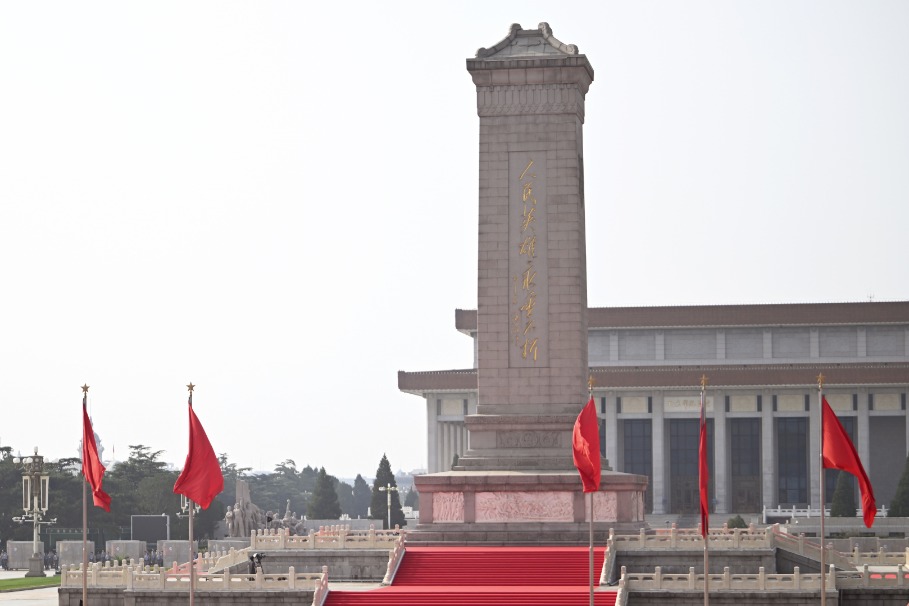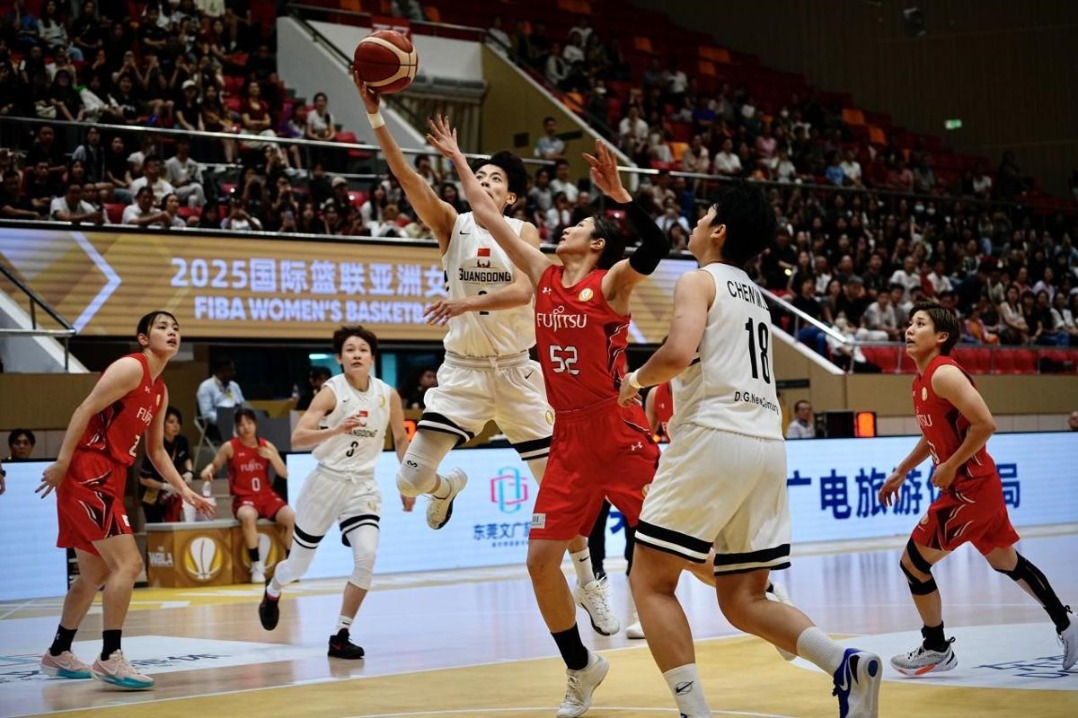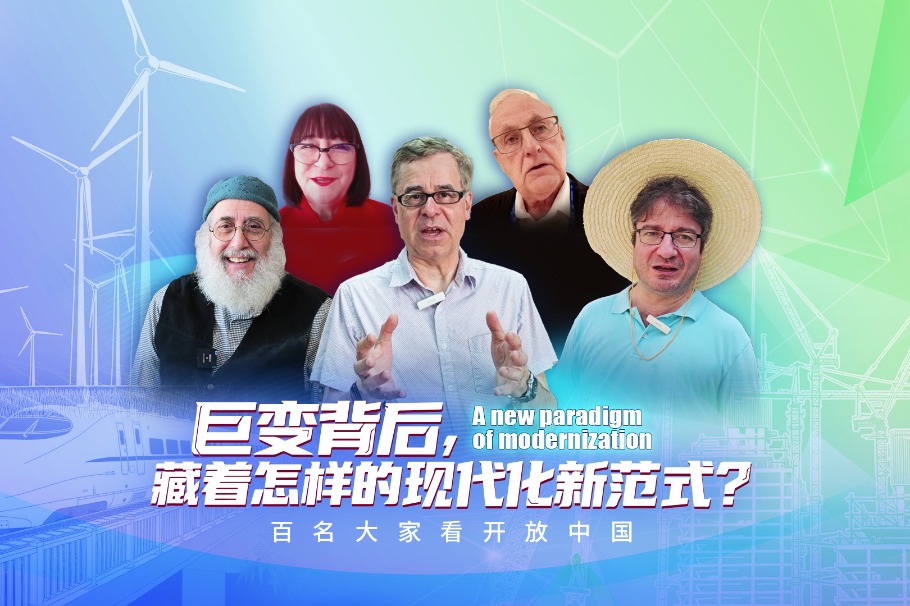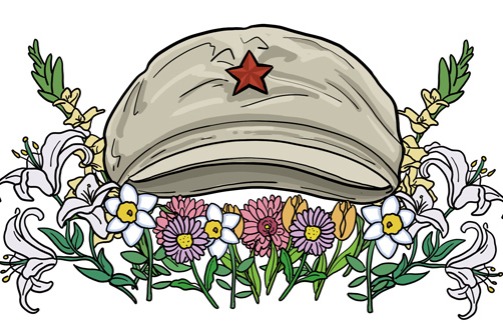Coercion not the right way to resolve Iran nuclear issue


The recent failure of the United Nations Security Council to adopt a resolution that would have extended UN sanctions relief to Iran under the Joint Comprehensive Plan of Action, and the possible consequences underscore the fragility of diplomatic frameworks, eroded by unilateralism and political maneuvering.
China has expressed regret at the outcome and reaffirmed its principled stance: respect for multilateralism, adherence to international law and opposition to coercive pressure.
The draft resolution, jointly tabled by China and Russia, failed to secure the required support, which is emblematic of how divisions and double standards undermine the authority and credibility of multilateral institutions. China's response — urging dialogue, restraint and a return to the negotiating table — is consistent with its long-standing calls for political means to prevail over coercion.
The reinstatement of UN sanctions represents a blow not only to Iran's lawful rights but to the integrity of negotiated agreements. The measures include an arms embargo, restrictions on nuclear transfers, asset freezes, travel bans and inspection mandates.
Yet their reimposition, bypassing the dispute resolution mechanism provided in the original deal, reveals how some countries can distort procedural rules to justify their coercion.
As some observers warn, placing Iran again under Chapter VII of the UN Charter gives sweeping enforcement authority, potentially legitimizing greater coercion and heightening risks of confrontation under the auspices of the UN. China rightly contests this, arguing that peaceful rights under the Treaty on the Non-Proliferation of Nuclear Weapons and the JCPOA must be respected and that sanctions should not be wielded as tools of political coercion.
China's position is coherent, consistent and constructive. As Geng Shuang, China's deputy permanent representative to the UN, put it, the current moment is "critical", and all parties should "exercise calm and restraint, continue dialogue and engagement, handle the current predicament prudently, and avoid escalating tensions".
China also calls on the United Kingdom, France and Germany — the three European parties to the Iran nuclear deal — to abandon coercive pressure and fully respect Iran's rights, while urging a genuine collective return to the negotiating table under the principles of equality and mutual respect.
That China frames its diplomacy in principled multilateralism aligns with its vision of a global order based on fairness, not force.
The international community must also consider the broader context of instability in the Middle East: the conflict in Gaza, regional tensions and shifting alignments. The reimposition of sanctions against Iran invites further confrontation in the region.
China, unambiguously and without equivocation, stands for peaceful resolution of all conflicts, while opposing punitive measures that fragment diplomacy and provoke escalation. In such volatile conditions, the value of dialogue, negotiation and treaty enforcement becomes ever clearer.
Sanctions cannot resolve complicated conflicts. Some stakeholders are trying to weaponize sanctions for their own narrow geopolitical ends on the Iran nuclear issue.
China's diplomacy is proactive, principled, and grounded in sustained engagement. It doesn't merely react to crises — it seeks to shape a safer, fairer international environment by resisting unilateral coercion and reinforcing the JCPOA.
As the JCPOA landscape enters a fresh period of uncertainty — with Resolution 2231 lapsing in October — China will continue its role as a stabilizer, striving to preserve the deal's architecture and prevent the descent of the Iran issue into ungoverned conflict. Now is the time that all parties should return in good faith to talks, restore mutual trust, and revitalize diplomacy — otherwise, the Middle East and the world at large will suffer.
In the face of mounting pressures and unilateralism, China's steady voice offers clarity: sanctions should not be used as weapons; treaties must not be toyed with; and the global order cannot survive when geopolitical forces bend the rules. As the world watches, China reaffirms that constructive diplomacy, grounded in law and mutual respect, remains the path forward.


































